Happy International Women’s Day!
This year, the United Nation’s theme for International Women’s Day is “Gender equality today for a sustainable tomorrow.” Across the Caribbean, the impacts of the climate crisis are already here; from heat waves and coral bleaching, to ocean acidification, sea level rise and increasingly relentless and unforgiving hurricanes. Yet more and more research suggests climate change will disproportionately burden women compared to men. For example, women are more likely to live in poverty than men, have less access to basic human rights like the ability to freely move and own land, and face systematic violence that can escalate during periods of instability.
Without a doubt, one of the greatest challenges we face in The Bahamas, the Caribbean and globally is advancing gender equality in the context of the climate crisis and disaster risk reduction. But one thing is for certain; when it comes to issues like climate change and sustainability, it’s on all of us to call out gender bias, stereotyping and discrimination. It’s on all of us to amplify the voices of women and girls and invite them to the decision-making tables. It’s on all of us to imagine and create a gender equal world, where differences are valued and celebrated. And it’s on all of us to stand up and #BreakTheBias.
At the Perry Institute, we’re marking this International Women’s Day by celebrating our ocean SHEROES, our fearless women warriors who are fighting every day to protect our blue planet. We invite you to dive in and celebrate with us by learning a bit more about our women staff and leaders conducting groundbreaking conservation work in The Bahamas and throughout the Caribbean.




.jpg)









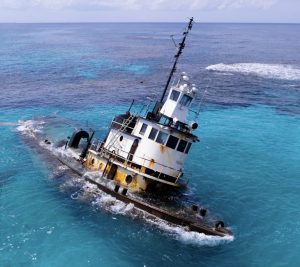
A Year Later, Stranded Tug and Barge Still Scars Reef in Fowl Cays National Park–Residents Demand Accountability
A haunting aerial view of the grounded tug and barge in Fowl Cays National Park—still embedded in coral a year later, a stark reminder of the cost of inaction. Photo
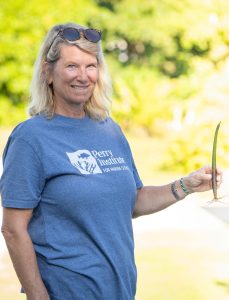
Women Leading Mangrove Restoration in The Bahamas
Have you ever wondered who’s behind the scenes saving our environment, right in our own backyard? Picture a group of energetic, determined women rolling up their sleeves and diving into
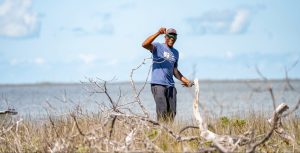
Rewilding the Marls of Abaco: PIMS Plants 100,000 Mangroves and Counting in 2024
As the afternoon sun bathes the Marls of Abaco in golden light, Bahamian boat captain Willis Levarity–locally known as “Captain to the Stars”–stands ankle-deep in soft, warm mud. A broad
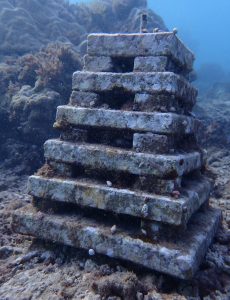
Unveiling Coral Reef Biodiversity: Insights from ARMS Monitoring Structures
An ARM teeming with new coral recruits and a diversity of marine life, highlighting reef recovery and biodiversity Understanding Coral Reef Biodiversity Most new PhDs in the natural sciences move
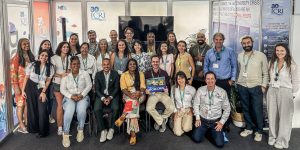
7 Key Takeaways from COP16: Confronting Coral Reef Challenges in a Changing Climate
United #ForCoral: Experts, advocates, and leaders from across the globe join forces at COP16 for the #ForCoral conference, hosted by the International Coral Reef Initiative. Together, they’re driving urgent action
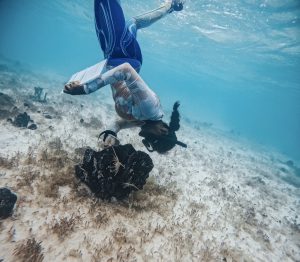
Fieldwork Wrap-Up: Strengthening MPA Management in The Bahamas
Marine protected areas (MPAs) are critical tools in the conservation of marine species and habitats, safeguarding reefs, seagrasses, and mangroves that provide vital ecosystem services to coastal communities. At the



